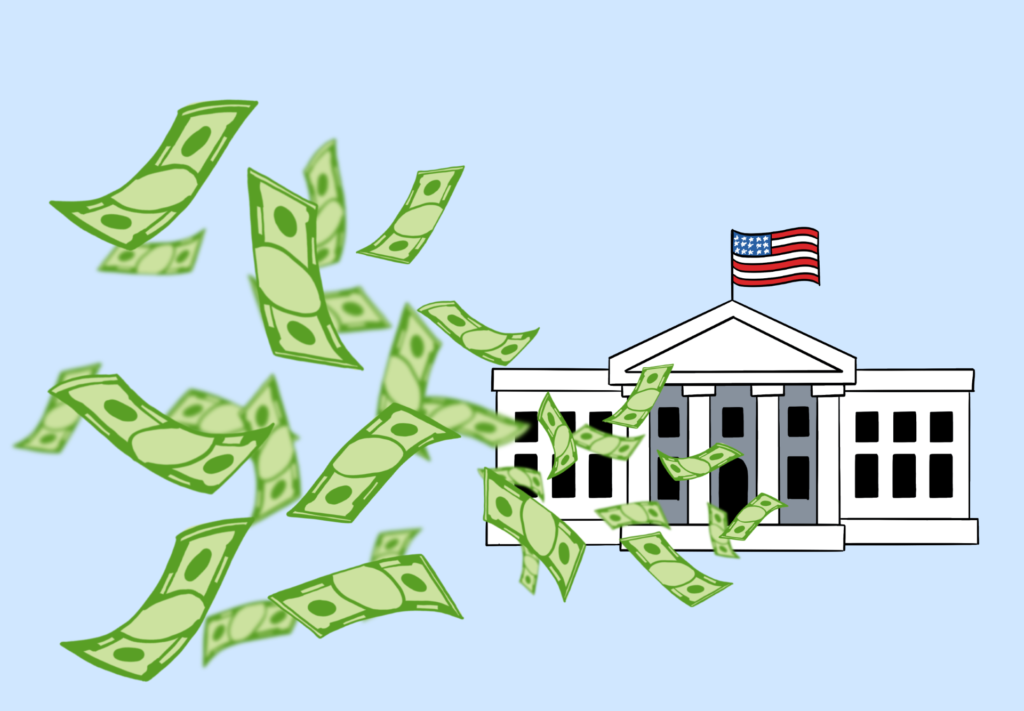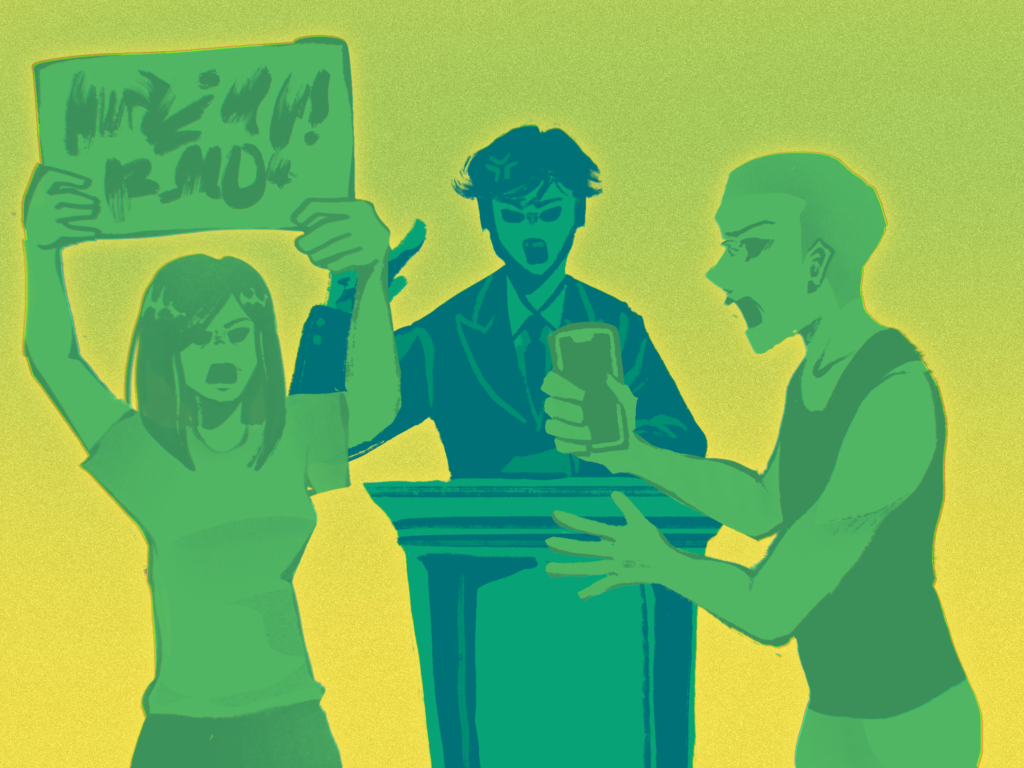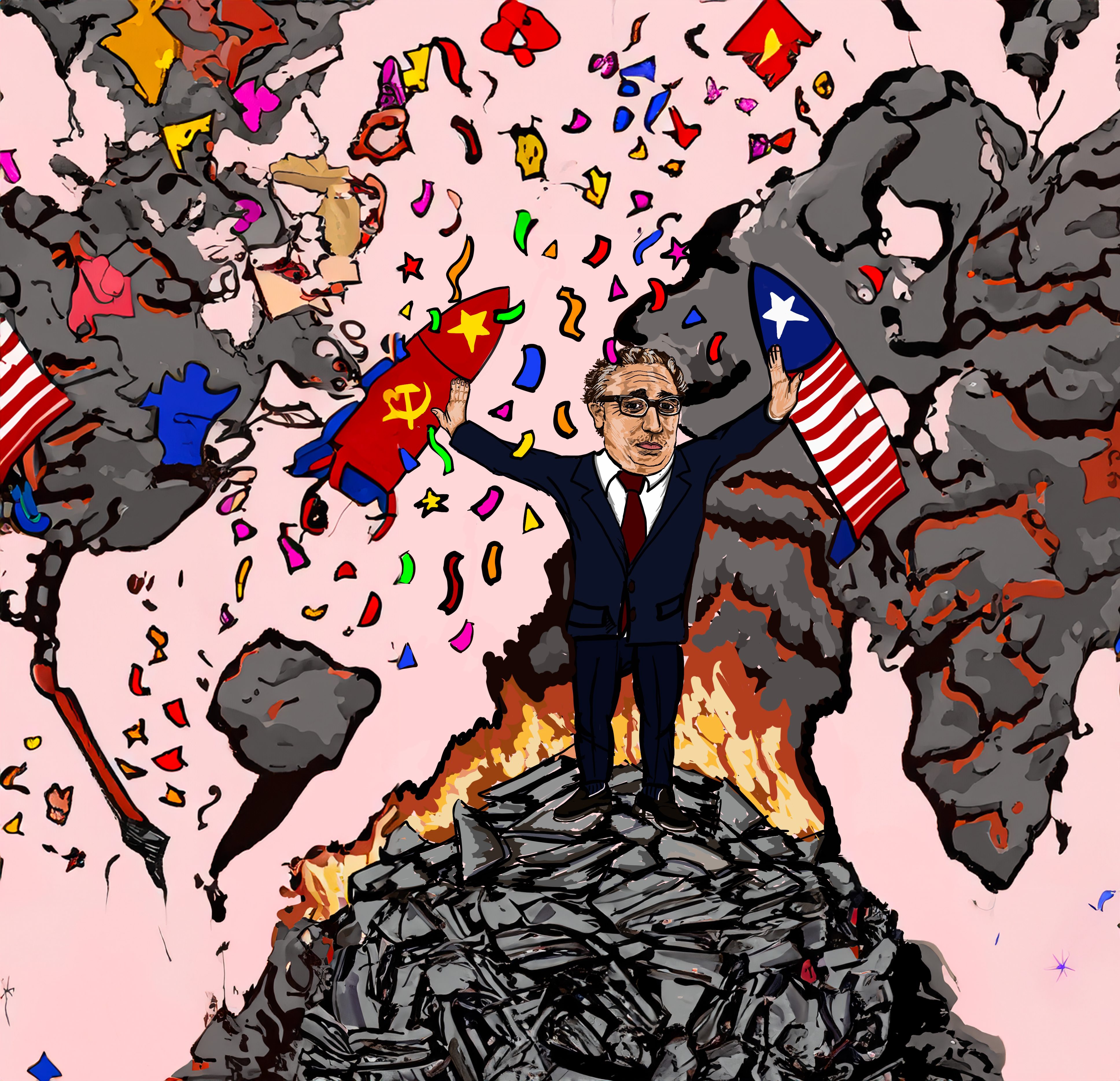
By Arjun Pathy ’25
Democracy will continue to be up for sale as long as we fail to recognize the corporate-centric nature of campaign contributions. Despite stringent regulations on individuals’ political contributions, the regulatory structure for money funneled through Super PACS (Political Action Committees) is, at best, inadequate. In a country where media coverage and advertisements can dictate election outcomes, our current democratic system is unapologetically preferential to wealthy entities keen to avoid accountability.
In the 13 years since the Supreme Court’s landmark decision in Citizens United v. Federal Election Commission (FEC), the average American’s political power has been dangerously reduced. This 2010 ruling, which held that corporate spending on elections was free speech, opened the floodgates to court challenges that led to the authorization of “Independent Expenditure Committees,” commonly known as Super PACs. Moreover, the existing provisions of the 1971 Federal Election Campaign Act limited campaign donations based on a set of criteria (detailed on the FEC website) and ordered them to be made public along with the donor’s name, employer, and quantity contributed.
This level of transparency was unsettlingly personal but helped to uphold democratic practices by improving corporate accountability. The aforementioned court rulings didn’t destroy this structure; rather, they modified it to include a secondary, much less egalitarian avenue for funding. Newly created Super PACs could receive unlimited donations from individuals, unions, corporations, or non-profits. Despite requiring Super PACs to disclose their donors, updated laws lack provisions to prevent individuals interested in anonymity from funneling their donations through non-profits.
The emergence of these PACs has resulted in unprecedented increases in political spending. Now, congressional and presidential candidates raise billions of dollars every election cycle, making previously unaffordable and wide-reaching advertising campaigns ubiquitous.
If candidates all agreed on the same facts, this spread of information would improve the democratic process; however, such is not the case. With enough money, you can control political narratives and, in doing so, unfairly influence an election’s results.
Perhaps the most frustrating part of modern political fundraising is how the average voter is left behind. Donations of $100 or even $1,000 are inconsequential against Super PACs with tens of millions of dollars at their disposal.
Additionally, the regulatory structures function in complete opposition to their intended purpose of transparency. Some of today’s largest funding sources are non-descript organizations that don’t disclose their donors. Instead of amplifying the individual voter’s voice and managing the influence of wealthy entities, our government is empowering powerful corporations interested in profit, not democracy.
Unfortunately, the Supreme Court rarely reverses its decisions, and as of late, its overrulings have been along party lines. The current court has proven itself to be overwhelmingly conservative, often acting in opposition to popular opinion. As it turns out, the conflict over the regulation of campaign contributions is highly partisan, with conservatives typically opposing regulation.
This roadblock has not stopped past presidents from executing their agendas. Taking such action sets a dangerous precedent. However, considering the gravity of the issue at hand, the ends could very well justify the means.
Yet, no solution is possible without the consent of legislators, who rely on donations to fund reelection efforts. This conflict of interest means that even if an avenue for abolishing Super PACs opens up, it is unlikely to be pursued.
As a result, it may be a while until we see fair campaign contribution laws. But for now, thankfully, votes cannot be bought, and democratic participation remains the most effective way to set forth change.




